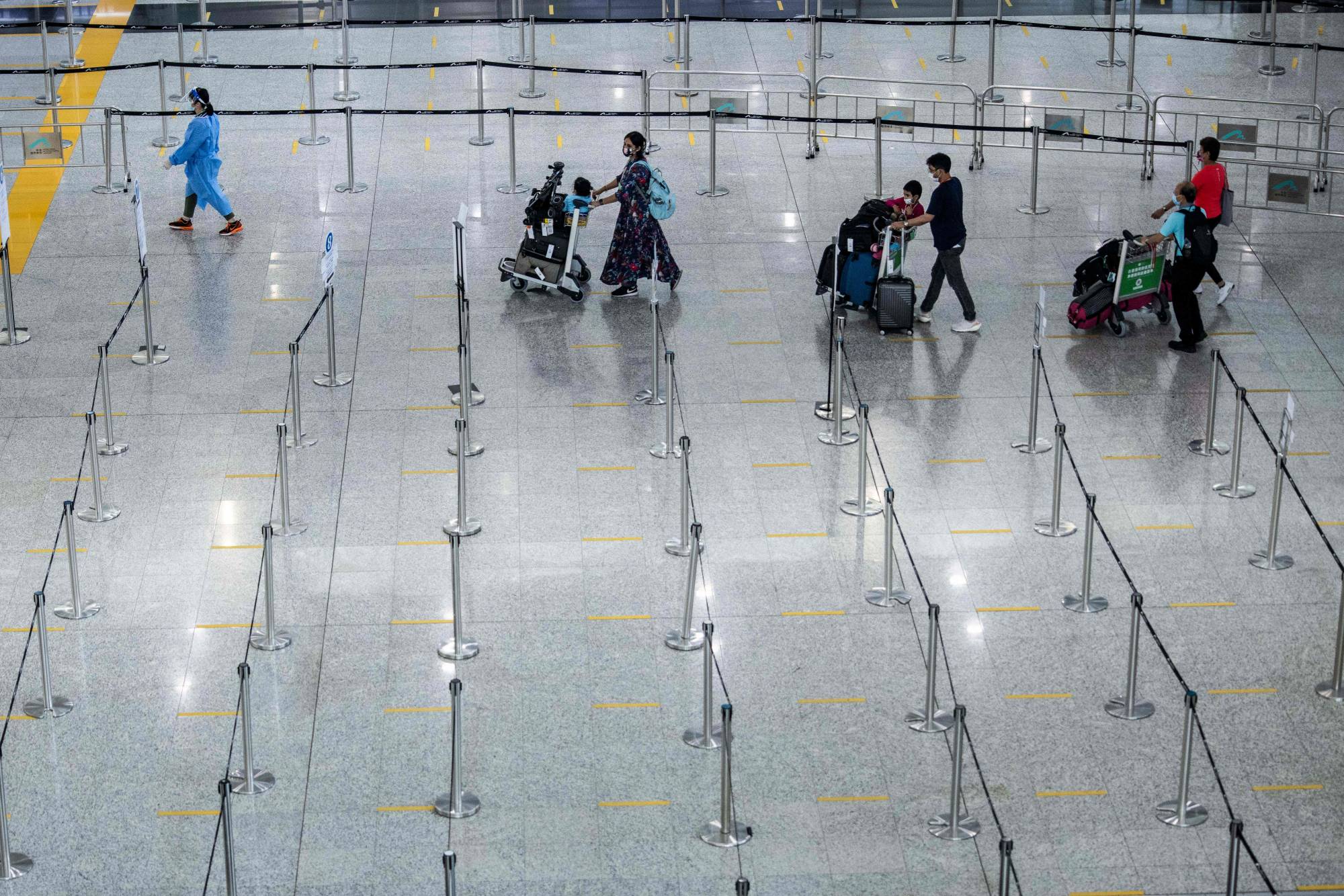Hong Kong will scrap hotel quarantine for inbound travelers from Sept. 26, the most substantial move yet in the city’s push to end its isolation and salvage its status as a global financial center.
People coming to the city will need to take a rapid test before departure, with the city doing away with the requirement for a pre-flight PCR, and will still need to take a PCR upon their arrival, Chief Executive John Lee said at a briefing on Friday. In the three days after they get to Hong Kong, travelers will continue to face restrictions on their movements, including being banned from going to bars and eating at restaurants, he said.
Currently, travelers must spend three days in a hotel followed by four days of monitoring that come with restrictions.

















With your current subscription plan you can comment on stories. However, before writing your first comment, please create a display name in the Profile section of your subscriber account page.